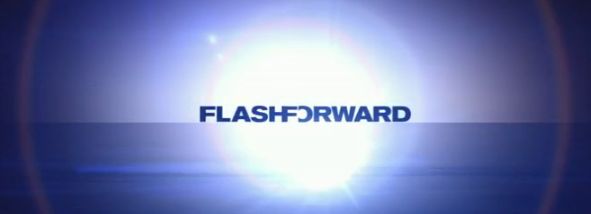

昨日、「Flash Forward」というテレビドラマを観ていたら、主人公が、会ったばかりの人に「who are you? 」と言い、五分後、知らない相手からかかってきた電話では「who is this?」と言っていました。英語を学んでいる人にとって、この二つの表現の使い分けは難しいだろうなと感じたので、今回説明してみようと思います。
「who are you?」は目の前の相手に対して使う表現なので、相手の姿が見えない時は違う言い方をしなければいけません。
「Flash Forward」はFBIのドラマで、主人公はよく怪しい人間と関わっているので、このような言い方をしています。アメリカのアクションドラマの荒々しく混純とした状況下では、「who are you?」という言い回しをよく耳にするでしょう。
これをもっと丁寧な言い回しにすると、「excuse me, what is your name?」となります。これは目の前にいる人に対してだけではなく電話でも使うことができます。
(皆さんが英語の発音練習が出来るように、例文を読み上げて、録音しました。録音したファイルは以下にあります。)
1. I’m sorry. I didn’t catch your name.
すみません。お名前がよく聞き取れなかったのですが。
イギリスでは、名乗らなかった人に対しても 「I didn’t catch your name」と言うことが出来ます。
2. Excuse me. What is your name?
お名前はなんですか?
一方、電話の対応では、「who are you?」を使うのは誤りです。 代わりに、「who is this?」と言います。電話の受話器に向かっているネイティブは一時的に名前の分からない相手を物として扱っているのでしょう。名前が分かったら、普通に「you」を使うようになります。
3. Sorry, who is this please?
This is Pete.
すみませんですが、どちら様ですか?
ピートです。
上記の例文を見ると、「who is this」という質問に対して答える時も「this」を使っていますね。また、「who is this?」だけだと少し失礼な感じになるので、「sorry」や「excuse me」という言葉を前に置きます。 または、「who is this」に「please」を付けます。より丁寧な表現を用いるなら、以下のような表現がお勧めです。
4. Excuse me, but who am I speaking to?
すみません、どちら様でしょうか?
5. To whom am I speaking?
どなたでしょうか?
4番目の例文はネイティブによく使われていますが、厳密にいうと、5番目の言い方のほうが文法的に正しくなります。
6. May I ask who’s calling?
お名前を頂いてもよろしいでしょうか?
ちなみに、英語圏のネイティブは電話で日本語を話す時に、英語を直訳して、「これはジョンです。」と言いがちです。 僕も3年間はこういうふうに間違って使っていました。
「who is this?」は電話だけに限りません。例えば、いきなり知らない人からメールが来たとします。相手の顔が見えないので、「who is this」と言えます。テレビ電話の場合は、なんというでしょうか? 相手の顔が見えるので、「who is this」ではなく、「who are you」などと言うでしょう。
家の玄関先に誰かが訪ねてくる時には、「who is this」ではなく「who is it」と言います。これは、「it」と「this」の違いによるからです。
7. Who is it?
It’s Jane.
どなたですか?
ジャンです。
上記の例文を見ると、答えている時には「it」を使うでしょう。「who is it」という言い方は失礼ではないので、安心して使って下さい。
知らない人と話す時ほど、英語は本当に複雑になりますよね。


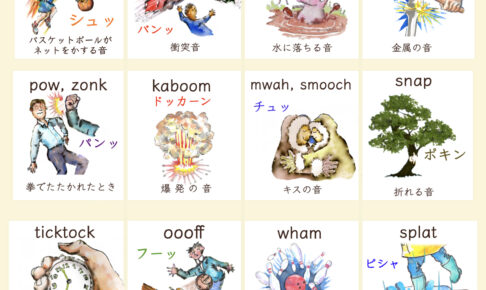
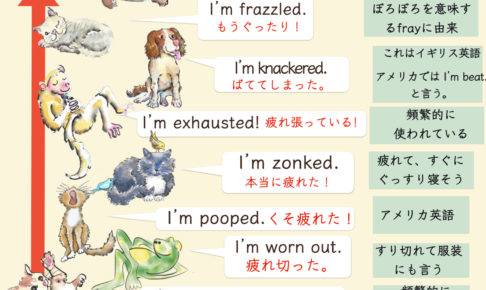
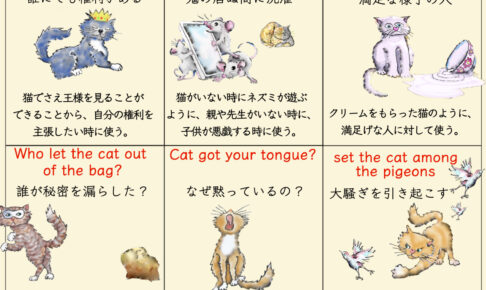





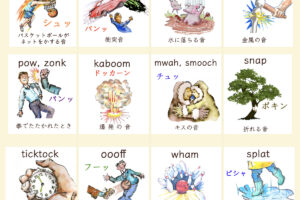
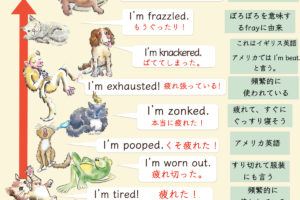

I liked watching the drama series when I was in Canada but it’s decided to discontinue the next series because of low television rating didn’t it? I guess the original story from a novel written by Canadian. It was a little bit shame for me.
Hi Hawkfield,
I heard about that. What a shame. I guess I’ll have to read the novel to find out what happens.
これは誰でしょう!
を英語で言うと、どうなりますか?
教師をしてます。自分の名前を書いていない答案がありました。「あなた(=この答案を書いた人)はだれですか?」と聞きたいときには、英語ではどのように表現しますか? 顔が見えないのっで、”Who is it? ” かなぁと思いますが、どうでしょう?
くりちやんさきちやん
Hello Luke,
Regarding the description of the subject on this page,to understand the grammar of these two sentences is important:
1) Who am I speaking to?
2) Who’s speaking, please?
Both sentences are the question form.
However, the subject is different between the two sentences.
1) the subject is ‘ I ‘.
2) the subject is ‘ who ‘.
If the subject is a question word, the order of words would be this line: ‘ question word + verb ‘.
The kind of grammar is the same as these ones:
1a) What time does the last movie start?
2b) What time suits you better?
1) the subject is ‘ the last movie ‘.
2) the subject is ‘ What time ‘.
1a) ‘does’ is needed.
2b) not using ‘ does ‘, ‘ do ‘ and ‘ did ‘.
the verb of ‘suits’ is used directly.
How about these ones?
3) ‘May I ask who’s calling?’
4) ‘Who may I say is calling, please?’
3) The part of ‘who’s calling’ is in ‘May I ask who’s calling?’ is the indirect question.
And, the clause of the indirect question is the same order of words as 2).
When the clause’s subject is not a question word,
the order of words can be this:
‘ question word + subject + verb ‘.
One more important point is there.
If the verb of the main clause is ‘ask, or see, or know, or understand, and etc.’, the main clause is placed ahead of the clause of the indirect question.
For example:
‘Do you know who is going with me?’
The sentence is the same grammar as this one:
‘May I ask who’s calling?’
4) ‘Who may I say is calling, please?’.
This sentence is based on another grammar that differs from 3).
When the verb of the main clause is ‘say, or tell, or suggest, or think, or consider, or believe, or suppose, or imagine, or guess, or suspect, or feel, and etc.’, the main clause can be placed into the clause of the indirect
question.
It means that the main clause can be placed just after the question word of the clause of the indirect question.
For example:
‘ Who do you think is going with me?’
The sentence is the same grammar as this one:
‘Who may I say is calling, please?’.
mks202028errtbh hVOvH7W CwZ3 TOtcu0L
mys202028rttyneg jdxbZdp ePvT mlz39UK